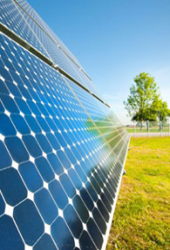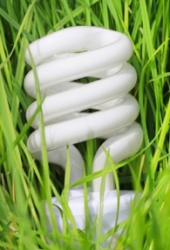ERI-PARI Joint Workshop
The Evolving Energy Relationship between Thailand and Myanmar: A View From Thailand
December 16, 2013, Energy Research Institute, Chulalongkorn University
Co-hosted by
Energy Research Institute (ERI), Chulalongkorn University
And
Todai Policy Alternative Research Institute (PARI), the University of Tokyo
Supported by
Economic Research Institute for ASEAN and East Asia (ERIA)
1. Objective:
Regarding the rural electrification in Myanmar, this conference aims:
- to understand the Thai’s plan/project of its power import from Myanmar against the backdrop of its energy security;
- to discuss the potential impact of the Thai’s import plan/project on the rural electrification in Myanmar; and
- to draw implications for the possible energy partnership between Thailand and Myanmar
2. Outline:
After the opening of the country, Myanmar economy has remarkably progressed. Its energy development, however, has been lag behind the economic boom. The country’s further progress is promising with the energy development. For the development, PARI has held stakeholder’s meetings in collaboration with ERIA.
As a matter of fact, the country cannot achieve energy development without sound global/regional linkages. Focusing on the energy relationship with Thailand, this workshop tries to discuss the potential impact of the Thai’s import plan/project on the rural electrification in Myanmar.
To what extent, will Thai increase the power import from Myanmar? How will the increasing import impact on the rural electrification in Myanmar? What kind of energy policies / regulations is needed to craft win-win situation? By discussing those questions, we will draw implications for our further research.
Presentation Slides:
02 Scope of the workshop – Kensuke YAMAGUCHI
03 Myanmar Energy Outlook – Yanfei Li
04 Thai Perspective on Power Import from Myanmar – Jiraporn Sirikum
05 Power Trade in Myanmar, Laos and Cambodia – Nobuo Hashimoto
06 Fieldwork Plan – Keith W. Rabin
Summary:
Despite of its rich endowment, Myanmar remains a poorly electrified country, without integrated national energy policy. In response, the ongoing project initiated by Energy Research Institute (ERI), Chulalongkorn University / Policy Alternatives Research Institute (PARI), the University of Tokyo , supported by Economic Research Institute for ASEAN and East Asia (ERIA), pays a special focus on three areas of action for widening access to energy especially in rural regions: grid extension, regional integration, and off-grid development.
To address the second area of action, regional integration, ERI and PARI co-organized the joint workshop “Evolving Energy Relationship between Thailand and Myanmar” on 16th December 2013, where more than 30 participants gathered from academia, Thai utility firms and experts on the Myanmar politics. Despite the potential of reciprocal benefit leveraging the bilateral power trade, the power project has not yet been particularly active between the two. The workshop, therefore, intended to identify the rooted barriers in the further power integration.
In the workshop, the participants broadly agreed upon the significance to remove the institutional barriers when attempting to strengthen the bilateral partnership in power trade. The Government in Myanmar, it is argued, should develop institutional capacity particularly by establishing an integrated Power Development Plan (PDP) and clearer Environmental Impact Assessment (EIA), and better management of domestic opposition group against power construction. Those institutional arrangements are regarded to optimize the other technical and economic barriers.
Related links:
Contact:
For further information regarding this event, please contact Dr. Suthee Traivivatana by sending email to suthee@eri.chula.ac.th or by calling 08-4099-8035.





